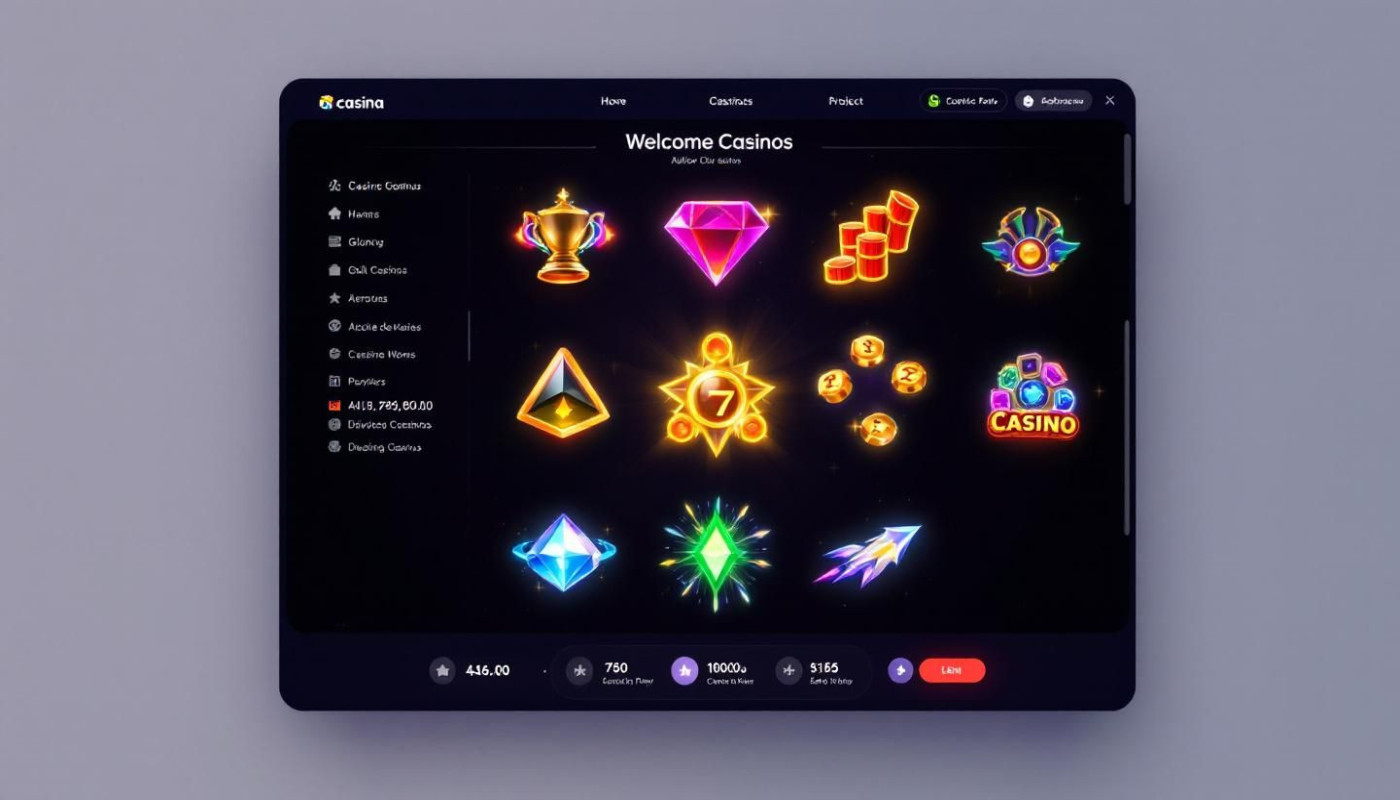Table of contents
The allure of the roulette wheel has captivated the minds of gamblers for centuries. The hypnotic spin of the wheel, the suspense of the bouncing ball, and the thrill of risk and reward combine to create an irresistible draw for many. At the heart of this fascination lies a complex interplay of psychological triggers that influence our behaviors and decision-making processes. In this article, we aim to delve into the depths of these triggers, exploring how the design, structure, and features of roulette trigger a range of psychological responses. We invite you to join us on this fascinating journey to better understand the intricate psychology behind one of the most popular casino games in the world.
The Fascination of Chance and Uncertainty
The enchantment of roulette lies not only in its glamorous image pervading popular culture but also in the intriguing elements of chance and uncertainty it presents. The inherent unpredictability in this game stirs up our innate curiosity and propels our desire for thrill and excitement. Various studies have shown that this enigmatic feature significantly influences our betting behaviours. Moreover, the underlying "risk and reward system" that roulette employs serves to heighten this allure. This excitement, the thrill of the unknown, the potential for a significant payoff, it all contributes to the enduring appeal of roulette. In essence, the game taps into our human instinct for risk-taking and the hope of a favourable outcome, offering a tantalising dance with Lady Luck herself.
The Thrill of Winning
There's something incredibly exhilarating about the 'thrill of winning' in a game of roulette. It's a moment filled with adrenaline, excitement, and sheer joy, which can be quite addictive. This euphoria is not just a matter of chance or luck; there's a scientific explanation behind it. The phenomenon known as 'positive reinforcement' comes into play. This psychological concept explains how the prospect of a reward, in this case, winning at roulette, encourages 'repeated behavior'. It's akin to pressing a button and receiving a candy - you'd be tempted to press the button again.
Furthermore, this winning spree triggers a 'dopamine release' in our brain. Dopamine is often referred to as the 'feel-good' hormone, and its release makes us feel happy and satisfied, essentially reinforcing the desire to play again. This brain chemistry plays a significant role in why people find games of chance such as roulette so enticing.
The principle of 'intermittent reinforcement' is another pivotal factor contributing to the appeal of roulette. It refers to the unpredictable nature of rewards, similar to a slot machine, which can produce a win after any spin. This uncertainty of winning adds an additional layer of excitement and anticipation to the game, further driving the player's desire to continue playing.
In essence, the psychological triggers of roulette are a powerful mix of positive reinforcement, dopamine release, and intermittent reinforcement. Understanding these factors can provide valuable insight into the motivations and behaviors of roulette players.
The Seduction of Near-Misses
In the thrilling game of roulette, 'near-misses', as they are termed, can often hold a level of charm that is comparable to actual victories. This enigmatic allure is primarily driven by the suspenseful anticipation and optimism they stir within the player. These 'near-misses' create an 'illusion of control' that ensures sustained player engagement. Despite not securing a win, the player is led to believe that they were on the brink of success, fueling a sense of hope and desire to continue playing.
The Paradox of Loss
Within the thrilling realm of roulette, the paradox of loss often plays a pivotal role in shaping a player's behavior. Seemingly counter-intuitive, losses can serve as a powerful source of motivation, fueling the desire to continue playing in the hopes of recouping lost bets. This puzzling phenomenon is commonly known as "loss chasing". Rooted in the "sunk cost fallacy", players erroneously believe that their previous investments demand further expenditure, irrespective of the likely negative outcomes.
A key principle underpinning this behavior is the "gambler's fallacy". This misperception leads players to erroneously believe that a series of losses increases the likelihood of an impending win. Such misguided understanding of probability often exacerbates loss chasing behavior, driving individuals deeper into the enigmatic world of roulette. As we unravel the mysteries of this paradox, we come to recognize the intricate psychological triggers at play, ultimately aiding players to make more informed, rational decisions.
The Social Dynamics of Roulette
The influence of "social dynamics" in "roulette" cannot be understated. This "communal game" offers a unique blend of personal strategy mixed with group exhilaration that significantly enhances the overall appeal. The role of "dealer interaction" is of great significance in shaping player experience. A responsive and engaging dealer not only elevates the game's pace but also creates a rapport with players, fostering a sense of camaraderie and competition. Furthermore, "player excitement" acts as a catalyst, triggering a chain reaction of anticipation and thrill among participants. Such heightened emotions are said to be a result of "social facilitation", a technical term referring to the increased likelihood of individuals performing better when in the presence of others. Consequently, the social dynamics of roulette play a pivotal part in its popularity and enjoyment.
Similar articles

Exploring The Reliability And Safety Of Popular Online Casino Games

Exploring The Benefits And Risks Of Casinos Not Licensed In The UK

Comparing Top-rated Affiliate Casinos: What Sets Them Apart?

Exploring The Impact Of CAPTCHA Alternatives On User Experience

Exploring The Rise Of Alternative Online Gaming Platforms

Exploring The Evolution And Strategy Of Online Mini-Games

Strategies To Master Your Skills In Popular Crash Games

How To Safely Navigate The World Of Online Gambling

Exploring The Latest Trends In Online Entertainment Platforms

Exploring Traditional Japanese Crafts Through Modern E-commerce Platforms

Understanding The Impact Of Digital Currencies On Online Gambling

FAQs About Online Gambling: Everything Newcomers Need To Know

What Makes A User-friendly Online Gaming Interface?

Exploring The Evolution Of Live Casino Games Since 2019

The Rise Of Mini-Games In Online Casino Platforms

Exploring The Evolution Of Online Casino Games In 2024

Exploring The Benefits Of Online Gaming Platforms: Bonuses, Game Variety, And User Experiences

Analyzing Winning Patterns in Blackjack

How AI is Reshaping the Gambling Industry

Exploring the Hidden World of Online Gambling

